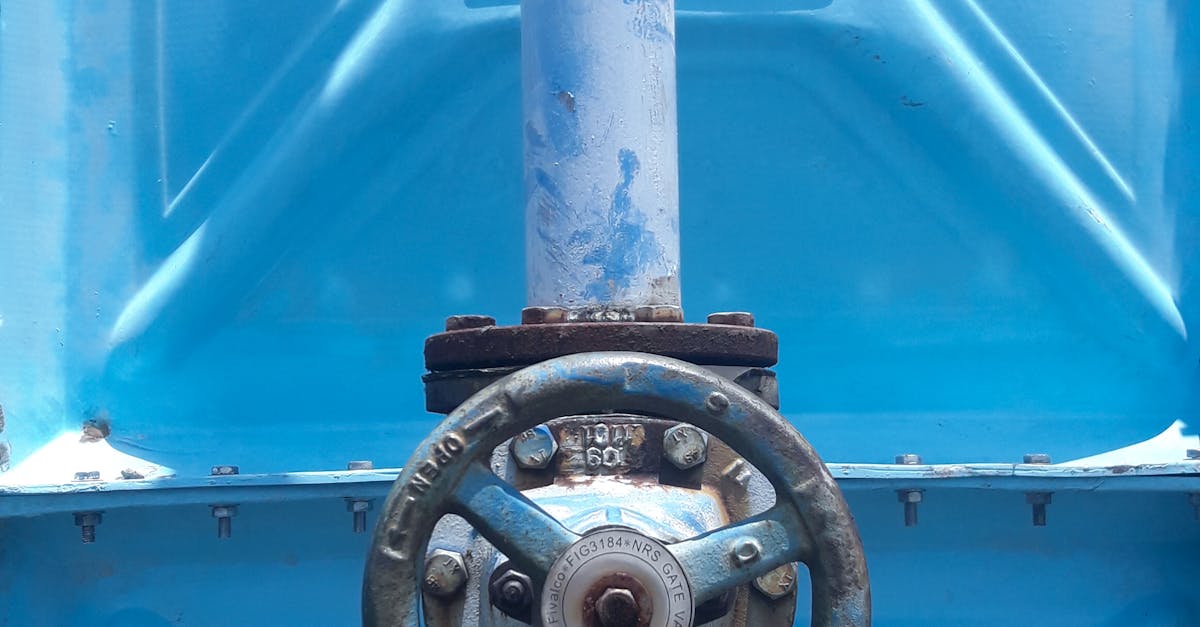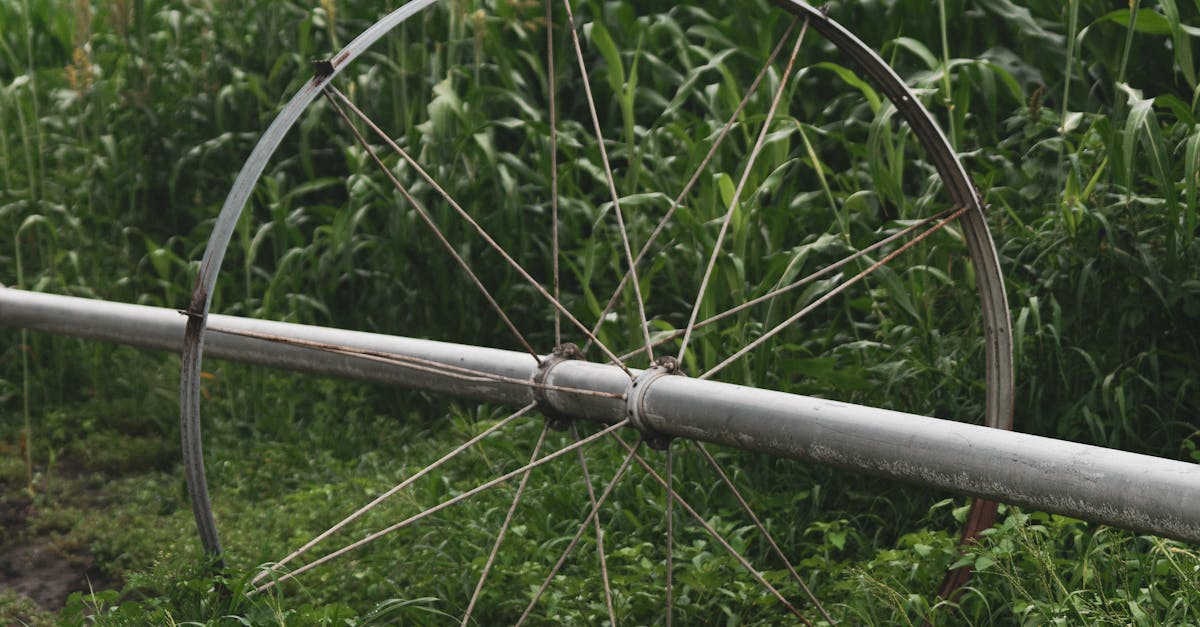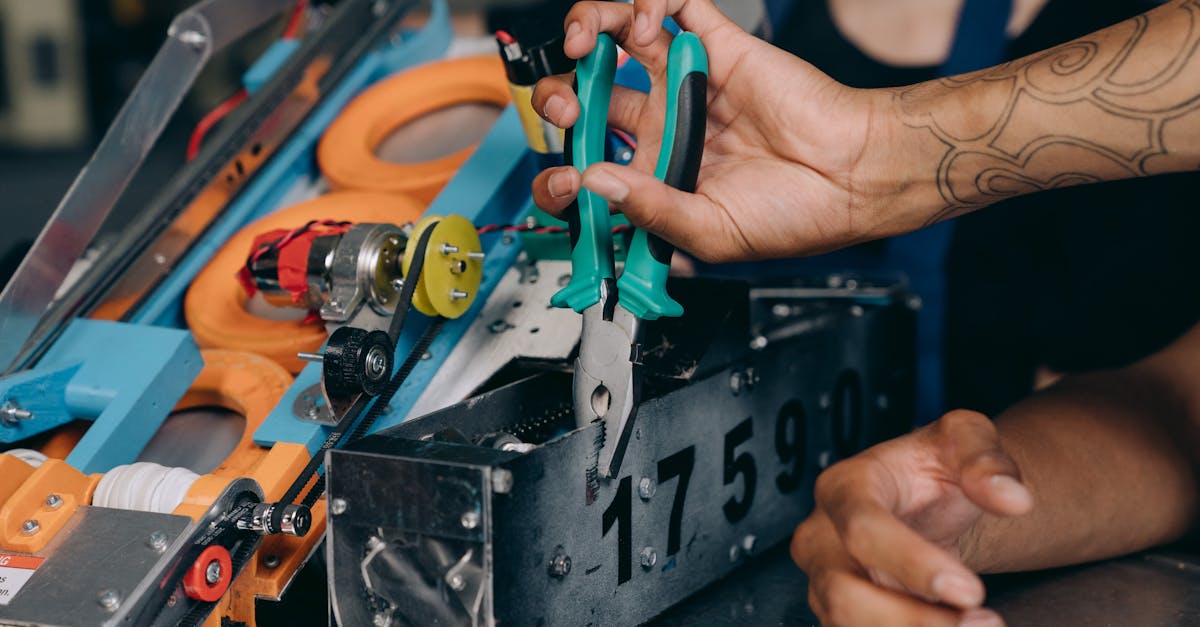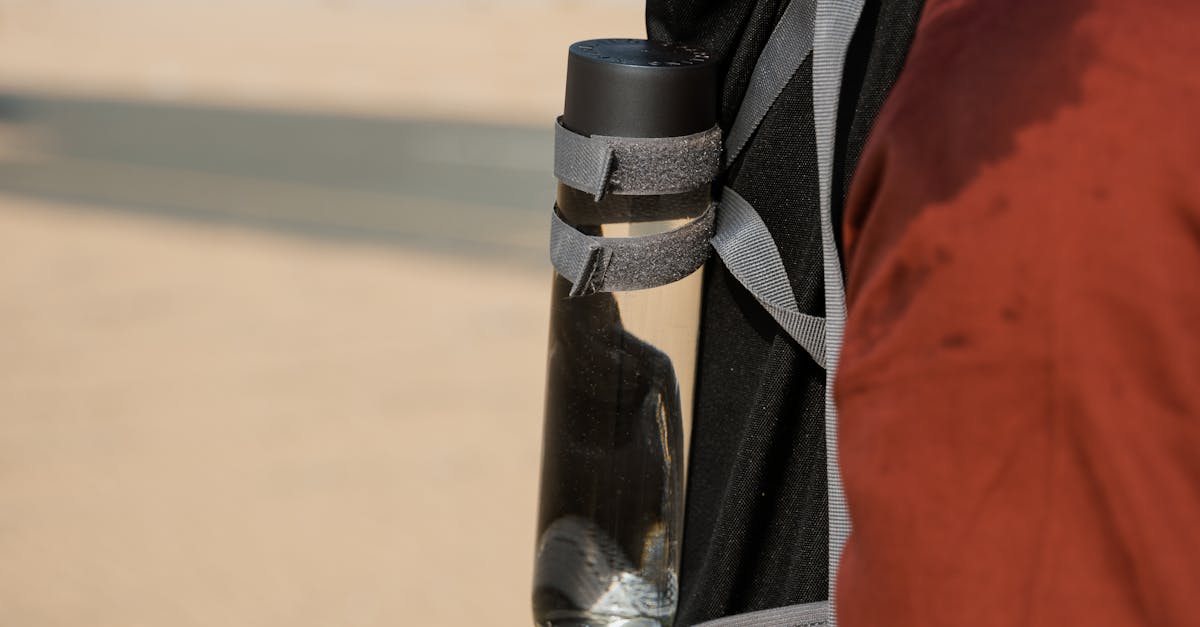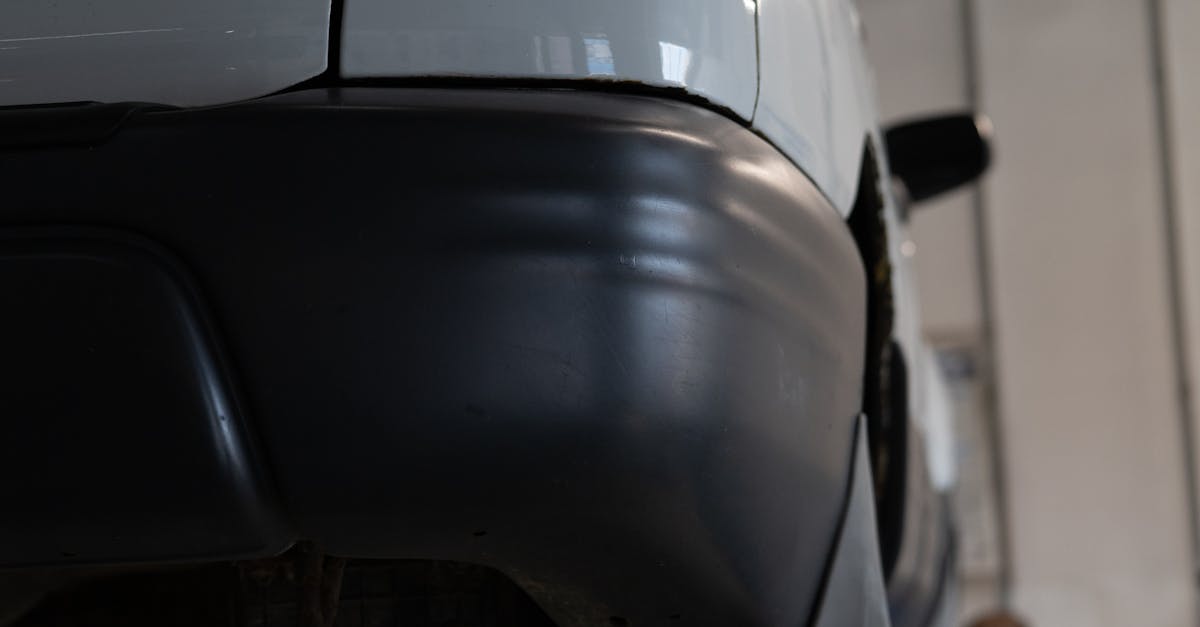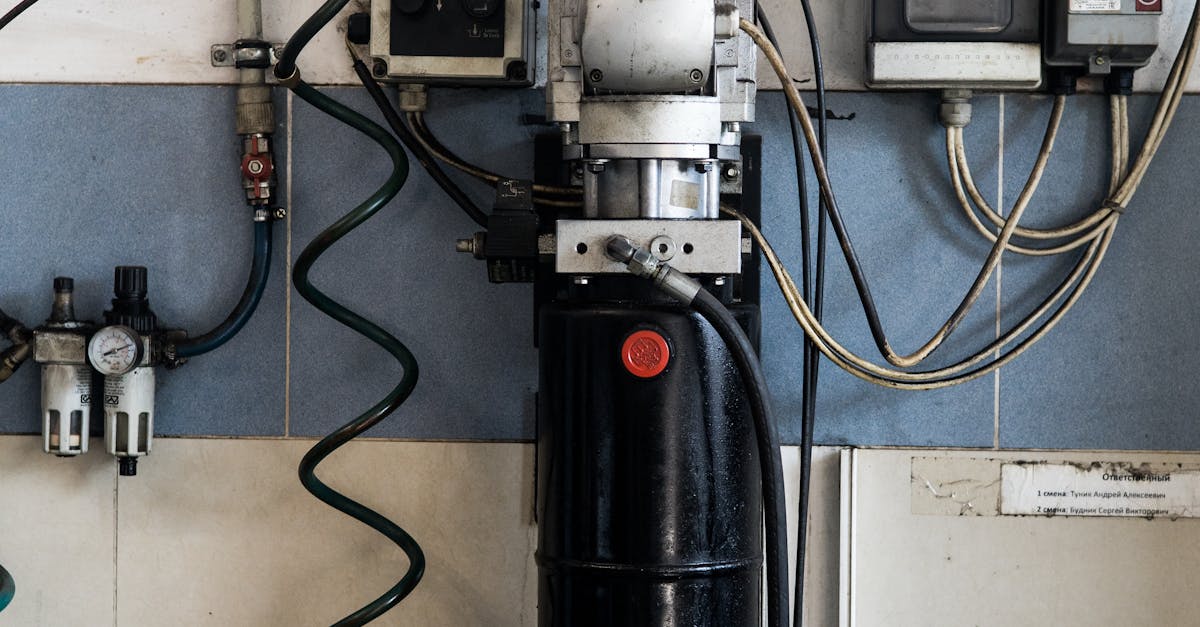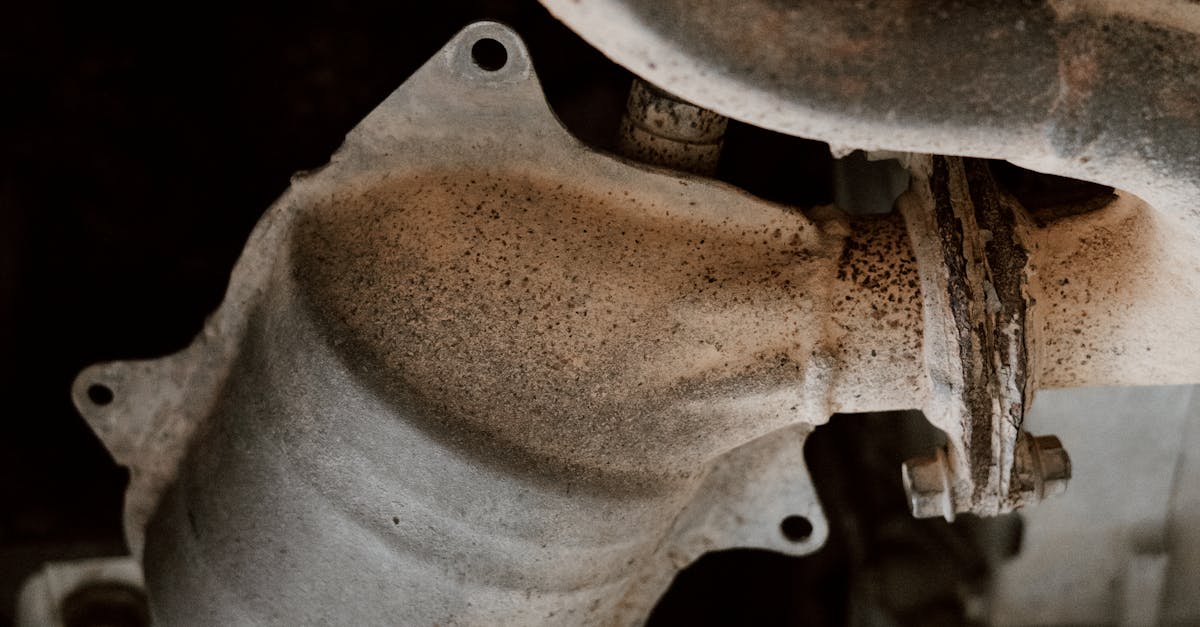
Table Of Contents
Increased Energy Bills
Increased energy bills can often serve as an early warning sign that your hot water system is not operating efficiently. As these systems age, they tend to consume more energy to heat water, leading to a noticeable spike in utility costs. If you've observed a significant increase in your monthly expenses without any other changes in usage, it may be time to evaluate your hot water system’s condition.
Frequent hot water system repairs can compound the issue, causing further disruption and financial strain. Each repair may provide a temporary fix but does not address the underlying inefficiencies that lead to higher energy consumption. Assessing these rising costs against the frequency of necessary repairs can help determine whether it's more economical to repair the existing system or invest in a new one.
Analyzing Cost Impacts
When evaluating the cost impacts of a hot water system, it's essential to consider both the direct expenses associated with repairs and the long-term financial implications. Frequent repairs often indicate underlying issues that could be symptomatic of a failing system. If you find yourself regularly scheduling hot water system repair services, it may be more economical to invest in a new unit rather than continually pouring money into an aging system. Each repair adds to your overall expenditure, and over time, these costs can surpass the expense of a brand-new installation.
Additionally, changes in your energy bills can serve as a financial red flag. Older hot water systems are typically less efficient, leading to increased energy consumption and higher monthly costs. If you notice a consistent rise in energy bills despite minimal changes in usage, this may indicate that your system is struggling. Weighing the costs of ongoing hot water system repair against the potential savings on energy bills and repair expenses can provide a clearer picture of whether replacement is the more prudent choice.
Frequent Repairs Needed
Frequent repairs can be a clear sign that your hot water system is nearing the end of its lifecycle. Regular maintenance and minor fixes may not be an issue initially. However, if you find yourself calling for a hot water system repair consistently, it may indicate underlying problems that are not easily resolved.
Over time, the costs associated with these frequent repairs can add up quickly. Each repair visit often includes labor and parts, which contribute to an increasing financial burden. Weighing the ongoing repair expenses against the potential cost of a new system can help you determine if replacement is a more economical choice in the long run.
Weighing Repair Costs Against Replacement
When considering whether to invest in a hot water system repair or opt for a complete replacement, it's crucial to evaluate the frequency and cost of repairs. If your system requires multiple repairs within a short period, the total expenses can quickly add up. In many cases, persistent issues signal that your unit is nearing the end of its life cycle. A thorough analysis of recent repair bills can provide insight into whether these costs will continue to escalate, making replacement a more appealing option.
Additionally, comparing the average lifespan of your current system with its repair history can shed light on the best course of action. Older systems often come with higher inefficiencies, leading to increased energy bills. If the costs associated with keeping your existing unit operational surpass the expense of a new installation, it might be time to consider a replacement. Deliberate on both immediate financial outlays and long-term savings when making this decision.
Leaks and Water Damage
Leaks in your hot water system can lead to significant water damage in your home. The presence of moisture around the tank or pipes is a clear indicator that something isn’t right. Beyond aesthetic concerns, these leaks can weaken structural components, encourage mold growth, and increase your water bill. Ignoring these signs may lead to more severe issues down the line, prompting the need for larger repairs or even complete system replacement.
When assessing leaks, consider the extent of the damage and the cost of a potential hot water system repair. Small leaks might be fixable without replacing the entire system. However, if the leaks are persistent and accompanied by rust or corrosion, it may be more cost-effective to invest in a new unit. Weigh both options carefully, as treating the symptoms with repairs might not address underlying problems that could arise in the future.
Assessing Damage and Replacement Needs
When evaluating the condition of your hot water system, visible leaks and water damage are critical indicators of potential failure. A small leak might seem manageable initially, but it often leads to more significant structural damage over time. This can create costly repercussions not only for the hot water system itself but also for surrounding areas in your home. Ignoring these issues can escalate repair needs and expenses, making timely assessment crucial.
If you notice persistent leaks or an unusual increase in moisture levels, it may be a sign that your hot water system is on the brink of serious failure. Hot water system repair may prove to be a temporary fix, but if the underlying issues are severe, replacement could be the more cost-effective solution in the long run. A thorough inspection by a qualified technician can help determine whether repairs will suffice or if it's time to invest in a new system altogether.
FAQS
What are the signs that my hot water system needs replacing?
Common signs include increased energy bills, frequent repairs, and visible leaks or water damage. If your system is consistently underperforming or causing issues, it may be time to consider replacement.
How can increased energy bills indicate a problem with my hot water system?
If your hot water system is working inefficiently, it may consume more energy to heat water, leading to higher monthly utility bills. This can be a sign that the system is aging or malfunctioning.
When should I consider repairing my hot water system instead of replacing it?
If the cost of repairs is significantly lower than the cost of a new system and the unit is relatively new, repairs may be worthwhile. However, if repairs are frequent and costly, replacement might be the better option.
How can I assess water damage caused by leaks in my hot water system?
Look for signs of water stains, mold, or dampness around the area of the water heater. If you notice significant damage, it’s essential to call a professional to evaluate the situation and determine if replacement is necessary.
What factors should I consider when deciding whether to replace my hot water system?
Consider the age of the system, cost of repairs, energy efficiency, and the extent of any damage. You should also factor in the potential long-term savings from a more efficient unit when making your decision.




